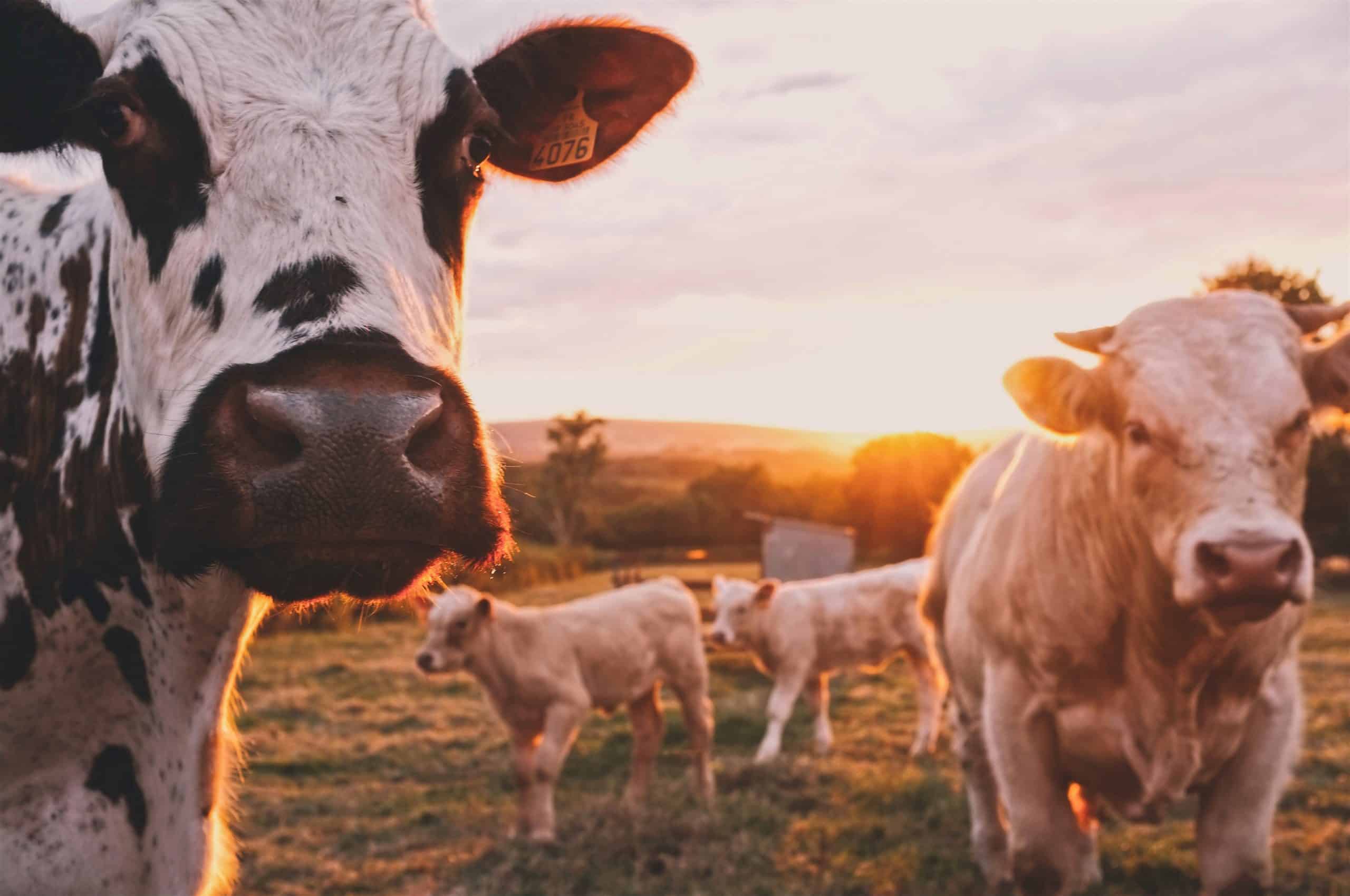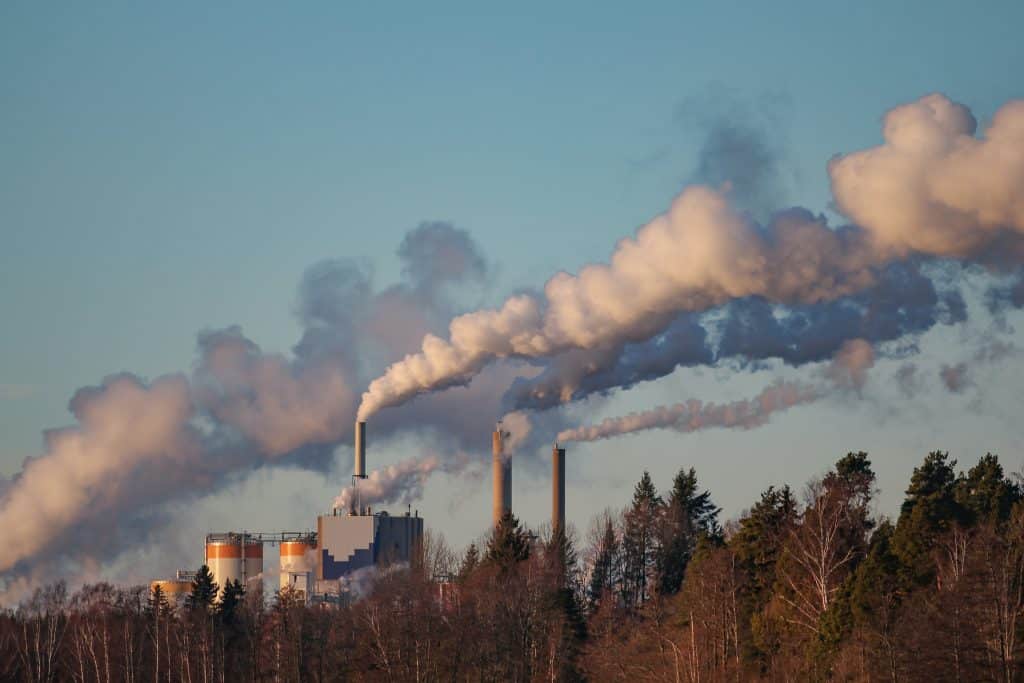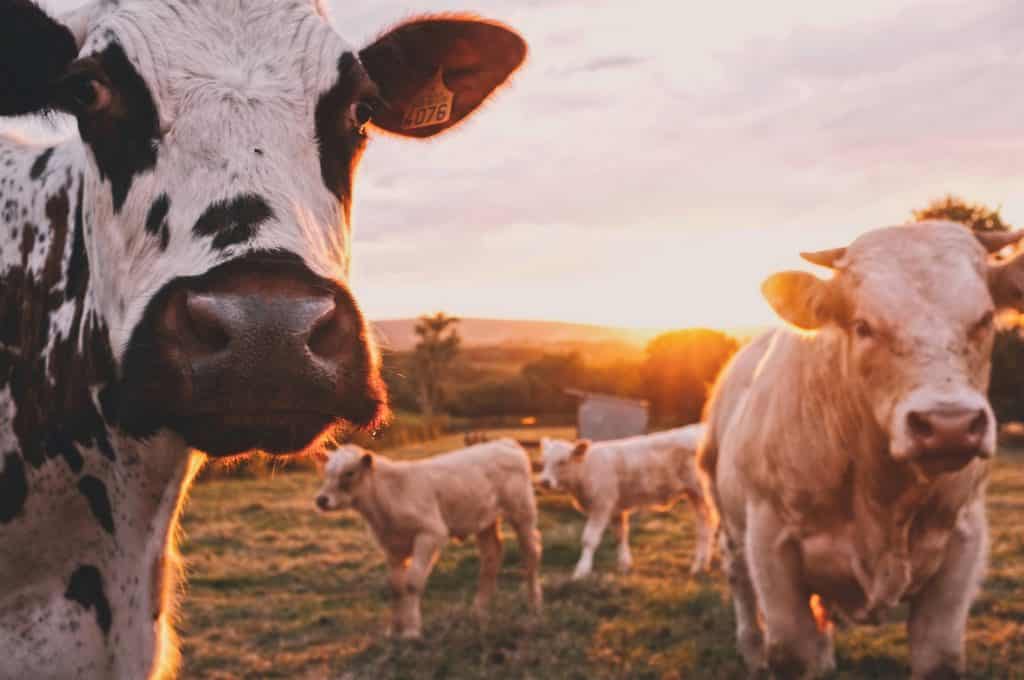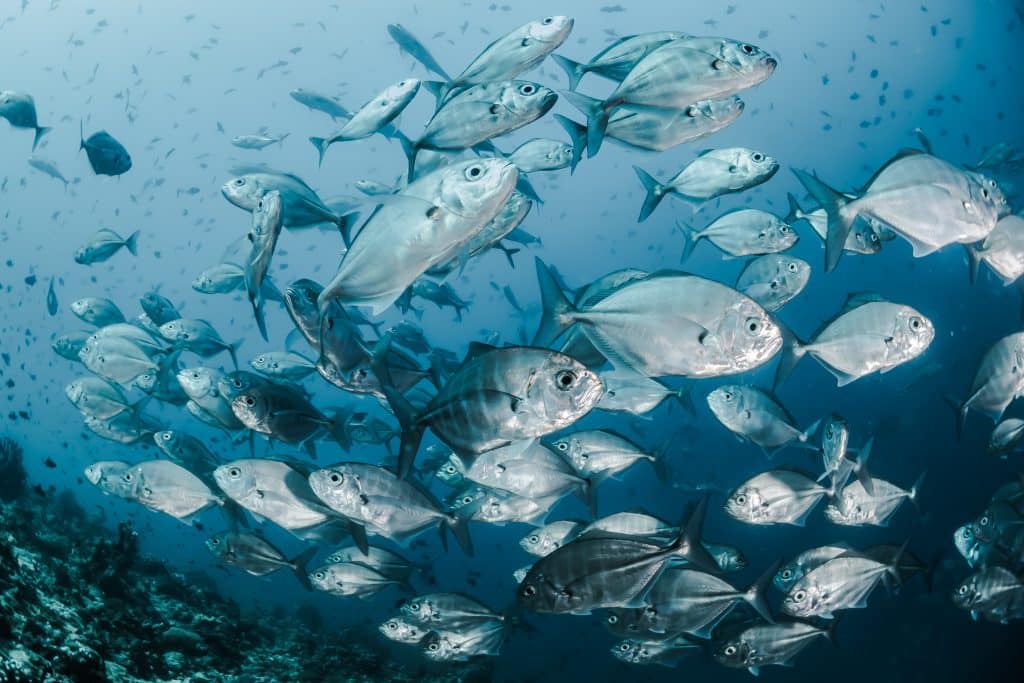We are facing an ecological crisis, with climate change labeled as the “world’s gravest environmental threat”, according to PETA. Naturally, we feel the duty to do our part in solving the issue, however, that feeling of helplessness lead us to the million dollar question: where do we start? This crisis of consciousness has led to people opting for energy making slight changes in their life, however, it is not enough. According to a study conducted by Oxford researchers, going vegan is a lifestyle change that can provide a significant help to this environmental catastrophe.
“If you’re serious about protecting the environment, the most important thing that you can do is stop eating meat, eggs, and dairy “products”. – PETA
How do animals contribute to the environmental crisis?
Greenhouse gas emissions
Products of agricultural farming include carbon dioxide, methane and nitrous oxide, which are greenhouse gases that are the primary culprits behind global warming. UN’s Intergovernmental Panel on Climate Change (2019) has also backed up the claim that vegan diets have the most potential to reduce greenhouse emissions as meat and dairy contribute up to 60% of agriculture’s green house emissions on their own.
Carbon dioxide: According to PETA, it takes about “11 times as much fossil fuel to produce a calorie of animal protein as it does to produce a calorie of grain protein”. It is a no brainer, that it is more climate efficient to obtain products produced from plant based sources. Ruminant animal pastures for meat and diary accounted for 72% of carbon while croplands that serve as animal feed contributed to another 28%.
Methane: Methane is 25% as effective as carbon dioxide at trapping heat in the atmosphere, hence it is in our interest to reduce the production of methane any chance we have. Ruminants produce gas while they digest their food and is also found in their feces.
Nitrous oxide: Nitrous oxide is 300 times more potent at trapping heat than carbon dioxide. According to a report by the UN, meat, egg and dairy industries are responsible for up to 65% of nitrous oxide emissions.
Land
If everyone stopped eating meat, global farmland use could be “reduced by 75%, equivalent to the size of US, Europe and China combined,” according to Independent. Besides drastically reducing greenhouse emissions, it would lessen the rate of deforestation, in turn allowing ecosystems to thrive and prevent the gradual extinction of species resulting from their loss of habitats.
Pollution
According to a study conducted by PNAS, Proceedings of the National Academy of Sciences of the United States of America, Hog and dairy farms spray their fields with waste produced by the animals. This is a health hazard as air particles filled with bacteria are blown into commercial homes, potentially infecting families and causing a stench. Furthermore, waste sprayed on the field leak into rivers and streams, potentially messing with the balance of the ecosystem and poisoning aquatic life, which is pretty ironic considering that same poisoned seafood end up on our plates.
Statistical models showed that cutting meat and diary products from one’s diet can reduce one’s carbon footprint up to 73%, which is better than cutting down flights, buying electric cars, or opting for sustainable meat and dairy, according to a source from Independent. A study from Oxford shows that meat eaters were responsible for up to more than half as many dietary greenhouse gas emissions than vegetarians and up to 102% more than vegans. A global shift is vital to turn the clock around. Try to make altercations in your diet, such as choosing to go meatless or vegan on one or two designated days per week. Every little effort counts!







